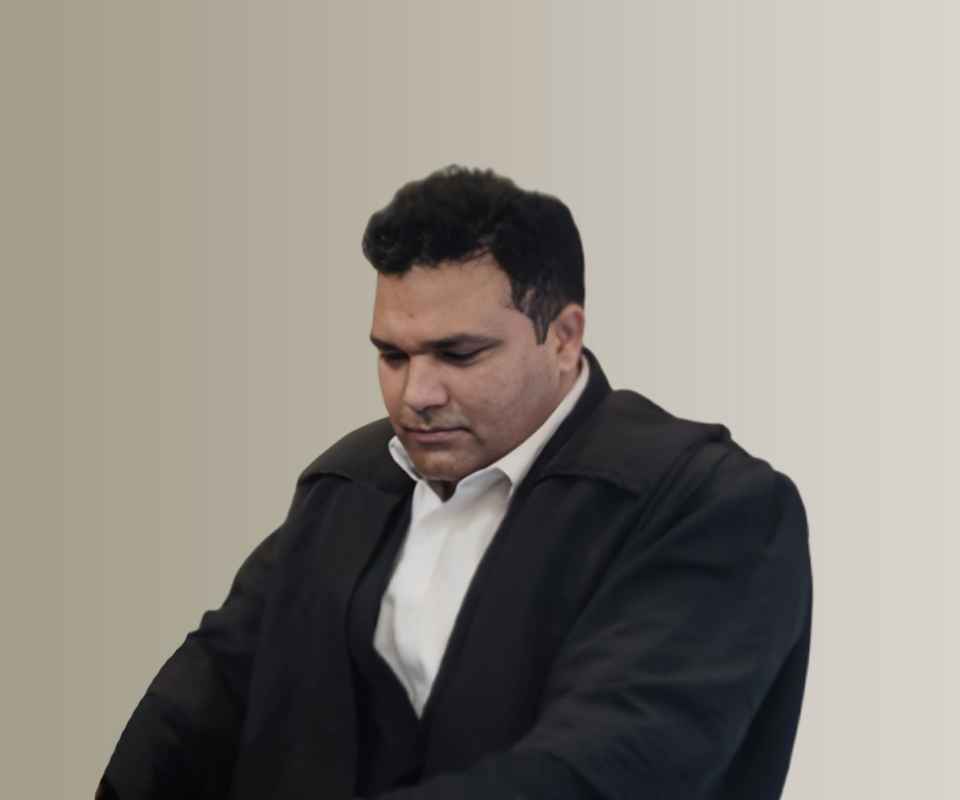Answer By law4u team
In any legal system, including military justice systems like a court martial, it is crucial that the accused is properly informed about the charges against them. This ensures that the accused has the opportunity to prepare an adequate defense, and it is an essential part of upholding their right to a fair trial. The process of informing the accused about the charges is structured to meet both legal requirements and human rights standards.
How the Accused is Informed About the Charges:
Written Charge Sheet (Charge Sheet or Charge List):
In both military and civilian courts, the charges are typically communicated to the accused through a written charge sheet. This document clearly outlines the allegations, the specific offenses, and the relevant legal provisions under which the accused is being charged. The charge sheet may also include a summary of the facts that form the basis of the charges.
In a court martial, the charge sheet is formally served to the accused by a military officer or legal personnel. It is expected that this document is delivered to the accused as soon as possible after the charges are decided.
Notice of Charges:
Notice is typically given in writing and includes the date, time, and place of the proceedings. The notice of charges informs the accused about the specific nature of the offense, the legal consequences, and the court martial process that will follow.
Timing of Notice:
The accused is given sufficient time between being informed of the charges and the start of the trial. This allows them to seek legal counsel and prepare their defense.
Service of Charges:
In military justice systems, the charges must be served to the accused in person. This is usually done by an authorized officer who will deliver the charge sheet to the accused in a formal setting. In some cases, the accused may receive the charges through mail or another official communication method if they are not immediately available.
Once the charges are served, the accused typically signs a receipt to acknowledge that they have been properly informed.
Informing the Accused of Rights:
Along with the charges, the accused is often informed of their rights in a formal manner. These rights include the right to a fair trial, the right to legal representation, and the right to challenge the evidence presented against them.
In military proceedings, the accused may also be informed about the right to request a higher court (if applicable), the right to remain silent, and the right to present a defense.
Pre-Trial Hearing or Review:
In some legal systems, there may be a pre-trial hearing or review, where the evidence and charges are discussed briefly before the formal trial begins. This step ensures that the charges are valid, that the accused understands them, and that they are ready to proceed with the trial.
Notification Through Legal Counsel:
If the accused has legal counsel, they may receive the charges through their lawyer. The legal representative will ensure that the accused is properly informed of the charges and assist in understanding the legal implications of those charges.
Importance of Timely Notification:
The timeliness of the notification is critical. If the accused is not notified in a reasonable time frame before the trial, they may be prejudiced in preparing their defense. Military law and civilian legal systems generally require that the accused be informed of the charges sufficiently in advance of the trial date to avoid delays or a violation of the right to a fair trial.
Example:
In a court martial, a soldier is charged with insubordination. The charge sheet is drafted, which includes the specific regulation violated and the date of the offense. This document is served to the soldier by their commanding officer, who reads through the charges with the soldier. The soldier is then given a copy of the charge sheet and informed of their rights to legal representation and the date of their trial. The soldier has several days to seek counsel and prepare their defense before the trial commences.
Conclusion:
The formal notification of charges is a fundamental step in ensuring the due process rights of the accused in any legal system. The process typically involves providing a written charge sheet, informing the accused of the specific allegations, and ensuring they understand their rights and the legal process ahead. Proper notification is essential for upholding justice and ensuring that the accused has a fair opportunity to defend themselves during the trial.







